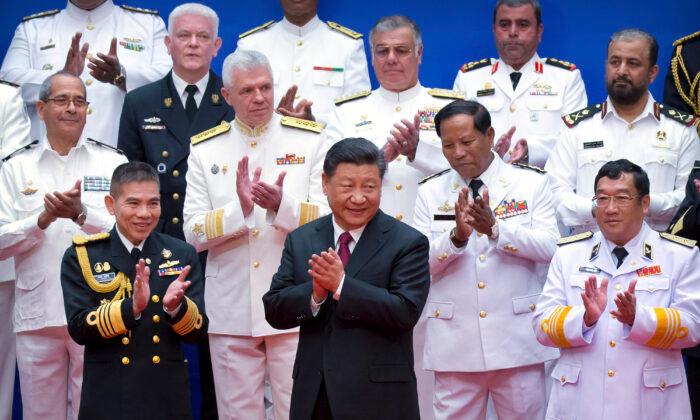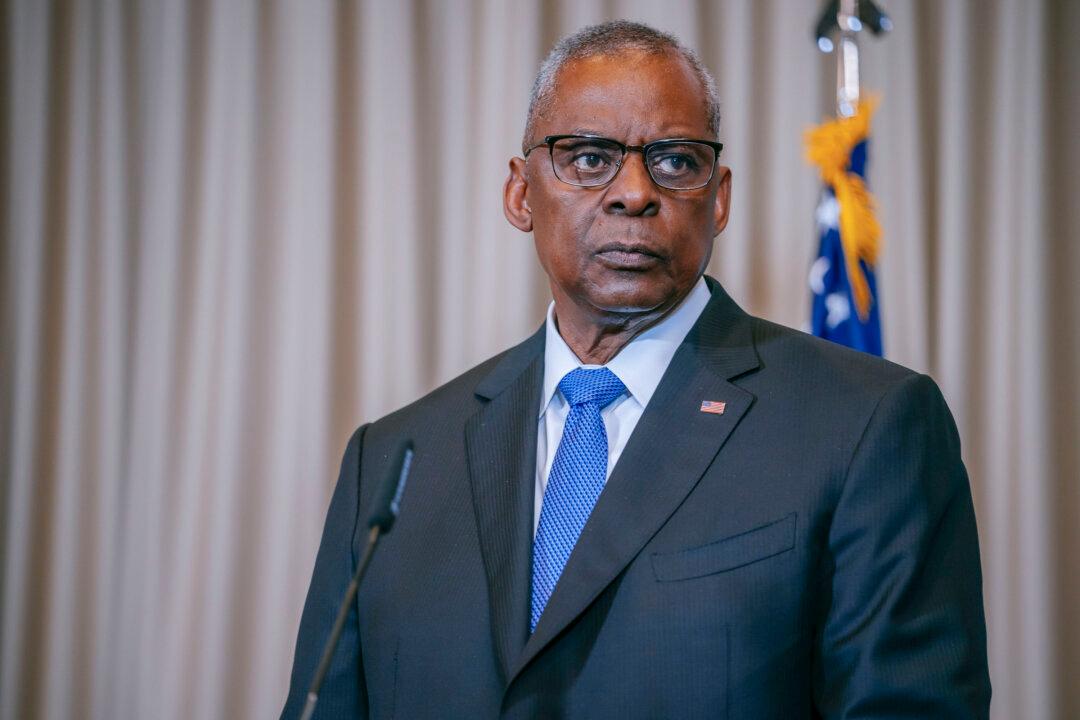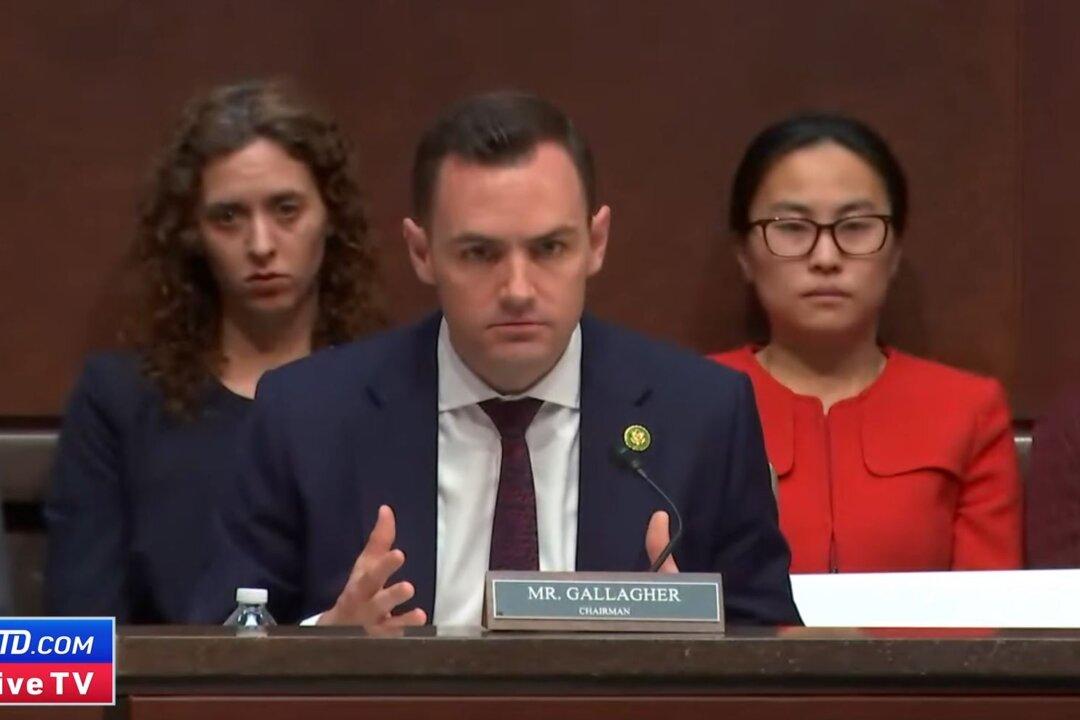WASHINGTON—The United States lacks an effective tool to adequately combat widespread espionage and intellectual property theft being perpetrated by China’s communist regime, according to a U.S. Treasury Department official.
Despite years of competition and ongoing IP theft, the United States has not developed the tools required to target and prevent the continued transfer of sensitive U.S. technologies to China, according to Assistant Secretary of the Treasury Paul Rosen.
“We currently assess we don’t have an effective tool to target the money and sophistication with know-how that goes into these sensitive and most critical technologies into countries of concern,” Rosen said during a May 31 hearing of the Senate Committee on Banking, Housing, and Urban Affairs.
“We risk leaving a gap in terms of some of our national security concerns,” he said.
Rosen added that the Biden administration was committed to “zealously” defending U.S. security interests, and would prioritize those interests over economic development if necessary, but required more tools to do so.
“The United States will secure our interests and those of our allies and partners,” Rosen said.
“We will not compromise on national security concerns, even when they force trade-offs with economic interests.”
Policies That Benefited Corporate Profits
Sen. Sherrod Brown (D-Ohio), the committee chair, said that the United States had fostered a system of policies over the course of several decades that had strengthened China at the expense of the American people. The nation’s current struggles to counter China, he said, are owed to policies that benefited corporate profits instead of American well-being.“For far too long, our policy around China catered to multinational corporations and failed working families. It destroyed local communities, it eroded our manufacturing base and international competitiveness,” Brown said.
Brown added that U.S. policymakers “knew” corporations would terminate millions of U.S. jobs in favor of dirt cheap labor in China, but still granted the regime permanent most-favored trade status in the 1990s. Since then, he said, consecutive administrations had failed to correct the imbalance in China’s favor.
As such, he said, the “risks posed by the Chinese Communist Party” demanded immediate action.
“We all agree China is a real and growing threat. Our committee must play a leadership role in countering that threat,” Brown said.
Sen. Tim Scott (R-S.C.), ranking member of the committee, agreed with the assessment, but warned that the United States was “perversely encouraging” companies to build in China while discouraging business at home due to excessive regulations.
While IP theft, unfair trade practices, and other efforts to erode American innovation were a threat, Scott said, the United States must also do more to compel tech companies to build their operations in the United States instead of transferring them to China.
“There should never be a world where a company finds China easier to do business [with], or a better business environment,” he said. “Efforts to advance national security will never succeed if the government undermines the economic security and economic opportunities of everyday Americans.”






Friends Read Free